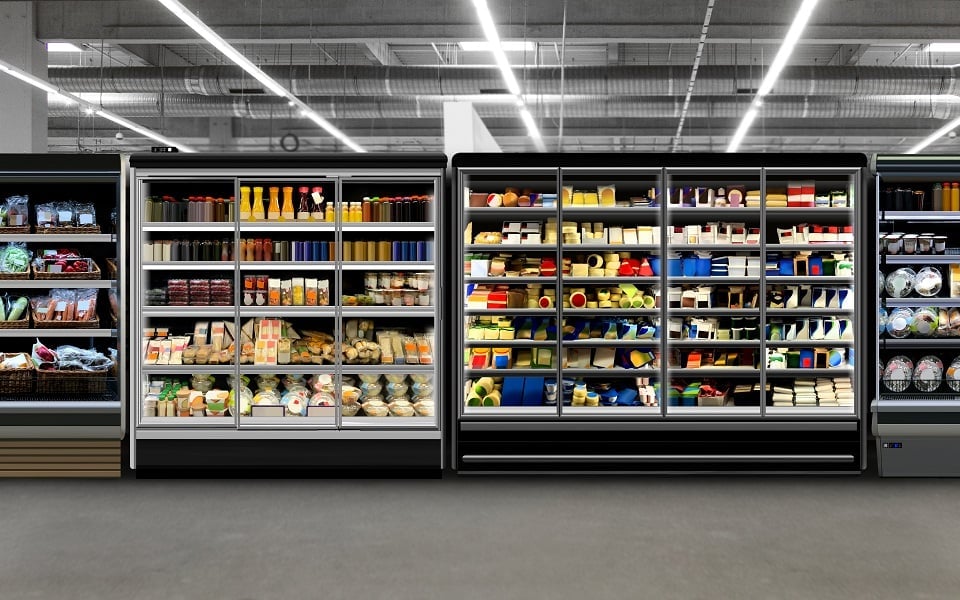Any further concentration of the supermarket sector leads to a reduction in prices, say representatives of the sector, who believe that fewer and larger businesses have lower operating costs and higher performance.
According to Aristotelis Panteliadis, head of Metro SA and president of the Greek Supermarket Association, the market would work perfectly with just a handful of supermarket chains: “In most European countries there are four to eight chains, and competition works, while some smaller ones survive because they have diversified. In Greece, the existence of four to six chains would work more efficiently,” he argues.
Today, around 43 chains are active in this country, down from 67 in 2010, with Giannis Masoutis of the homonymous chain estimating that the concentration will continue, as many medium and small chains are under strong pressure, mainly as a result of high operating costs.
The ever-increasing operating costs and inflation – which, according to the association, is international – as well as the large reduction in incomes during the economic crisis are the factors that trigger the price growth.
According to the data presented by the association’s general director, Apostolos Petalas, of the 15.15 billion euros that consumers spent at supermarkets in 2024, €9.55 billion went to suppliers, €3.29 billion was operating and financial expenses, €2.09 billion ended up in state coffers as value-added tax, while pre-tax profits stood at €215 million from €230 million in 2023, with the net pre-tax profit margin standing at 1.65% (from 1.85% in 2023).
He also referred to the divergence of incomes and food inflation in Greece and the EU, which largely explains the phenomenon of high prices in Greece: While in the 2008-2024 period the average disposable income in Greece increased by 5%, with any increase occurring after 2020, as it had collapsed in the previous decade, food prices grew by 42%. In the period 2020-2024 food inflation in Greece increased by 30%.
On the other hand, in the European Union the average disposable income increased by 55% in the period 2008-2024 and food inflation by 59%. In the last four years, income in the EU has increased by 31%, as has food inflation.
